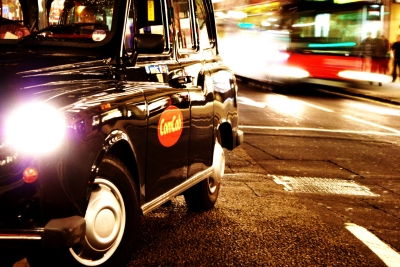It is important to make medium and long-term plans for the anticipated travel requirements of the company. When we know that we have a destination that employees will be visiting repeatedly, we must be aware that potential suppliers are open to negotiation.
This is not just a matter of getting a good price but also negotiating a set of services that we did not have before. Such services that must be taken into account include those related to all possible types of transport, even taxis, for instance. Rather than hiring the services of the first taxi that drives by when we reach our destination, we can negotiate with the taxi company or private transport firm in advance and agree prices and rates for the journeys. In this way, the company can also provide us with a receipt that makes it easy for use to draft our expense report and claim back the taxes associated to these expenses. This also alleviates the suspicion that the taxi driver is lengthening the journey through the city unnecessarily to rack up their fare. This also happens in hotels and restaurants, especially in the case of repeated trips to the destination on a regular basis.
In short, we are talking about getting a fixed rate for certain services. We are interested in getting these set prices in order to avoid increases in hotel and restaurant prices when there is a trade fair or congress in town. If we are a VIP customer of a certain hotel, there will always be a room available for us, with a stable rate that is not subject to price rises when an event is held in the city.
It is also advisable to negotiate ancillary fees or, in other words, the extras that may be incurred throughout the journey. This group of expenses includes, for instance, charges related to laundry, parking, wi-fi availability, etc. Hotel companies are increasingly decided to shore up their income statement in the face of the worldwide recession. As such, they are searching for alternatives that help to increase revenues. Our aim is to negotiate these extra costs in advance as well so that there are no surprises later on. It is important to bear in mind that ancillary fees can inflate the final invoice, even as much as doubling the initial amount in some cases.
With suppliers, it is also necessary to set out an agreement to include a breakdown of all of the charges (meals, fuel, parking, etc.) on the invoice, so that the company can deduct the taxes and/or levies paid.
Last but not least, payment or loyalty cards can also be negotiated, which enable us to obtain discounts for using them or which include free insurance and services, thereby avoiding the need to take out private policies. It has been shown that these discounts can account for between 2% and 5% of the company’s annual billing, depending on whether such purchases are effectively channelled through loyalty programmes.




